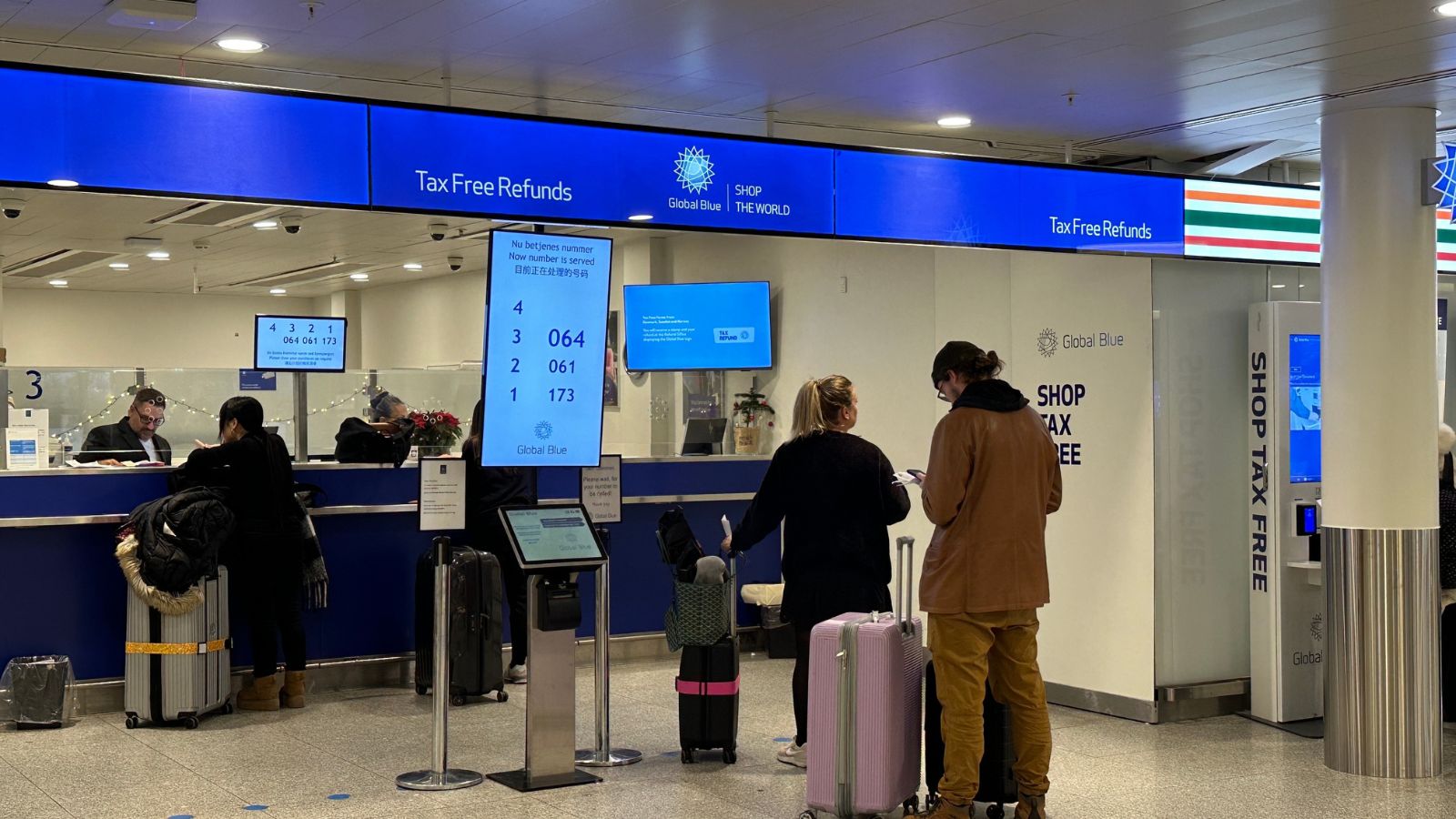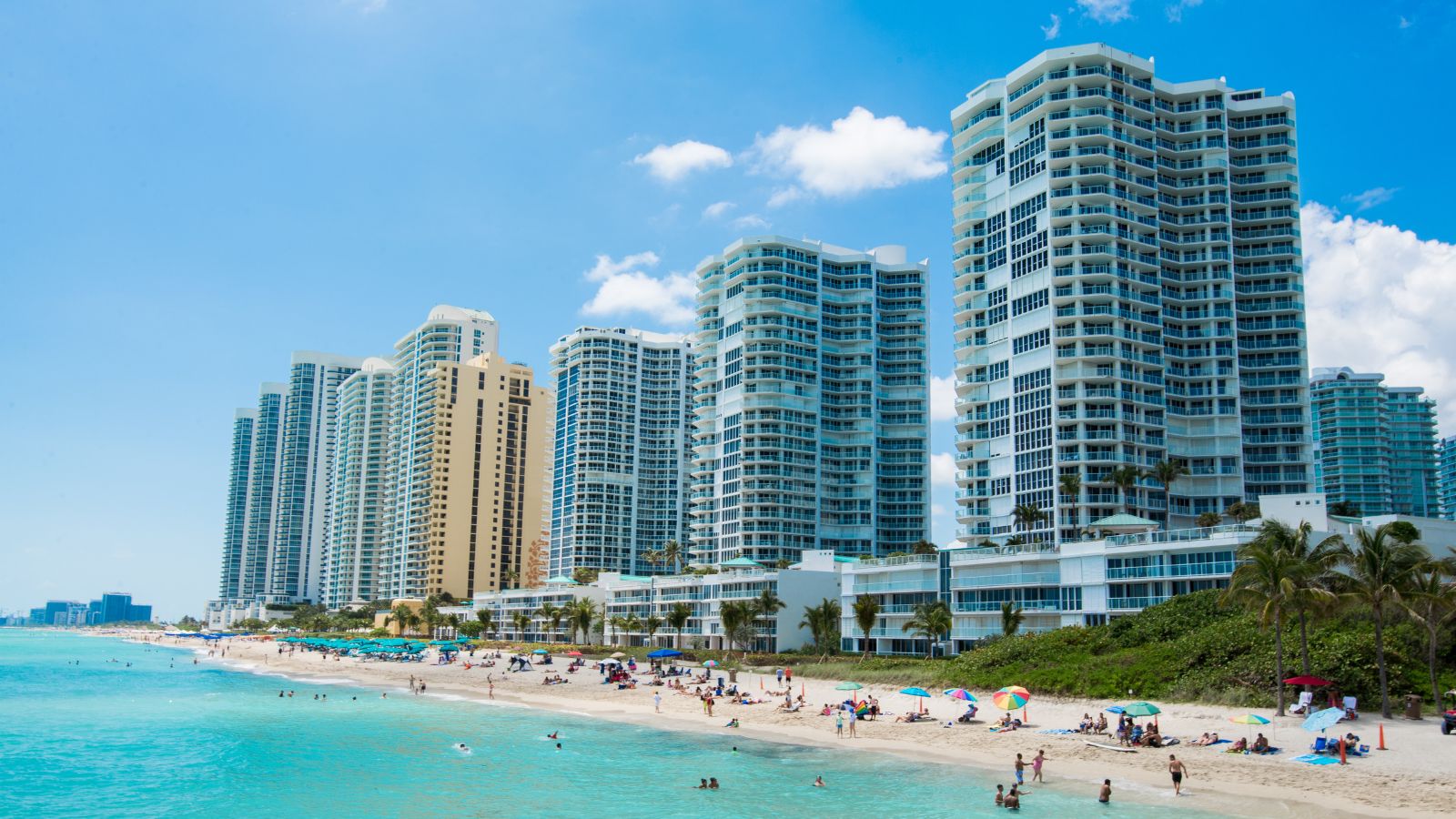Traveling gives us new perspectives and enriches our lives in ways nothing else can. However, it’s the unexpected expenses that often catch us off guard. Here are 18 costs that might surprise you when you’re far from home.
Tipping Etiquette

In some countries, tipping isn’t just a nice gesture, it’s actually mandatory. While you might be used to tipping your server, Cruise 118 explains how overseas you could find yourself needing to tip everyone from hotel staff to taxi drivers, and failing to do so might not leave the best impression.
Restroom Access

Access to public toilets may require a small fee in many countries. This might be surprising for those used to free facilities. These charges help maintain cleanliness, but they can certainly add up during a day of exploring.
Drinking Water

Unlike some places where tap water is drinkable and free, in many overseas destinations, you’ll need to buy bottled water to make sure it’s safe to drink. Budgeting for water becomes an essential part of daily life while abroad.
Grocery Bags

Bringing your own shopping bag is an eco-friendly practice, but in many parts of the world, it’s also a way to avoid paying extra. Many countries have started charging for plastic bags in an effort to reduce waste, so it’s good to keep a reusable one on hand.
Sitting Fees at Cafes

You may want to sit down in a quiet cafe, taking in the local atmosphere, especially after a long day of walking. In some places, though, you might be asked to pay a “sitting fee,” especially in touristy areas. Costs for sitting at a table can be higher than those for just grabbing a coffee to go.
Card Transaction Fees

Using your card overseas might incur extra fees for each transaction. These fees can easily add up, so you should try to understand your bank’s policies before you go. Sometimes, withdrawing a larger amount of cash can be more cost-effective.
WiFi Access

While we often expect free Internet access, some hotels and public places abroad charge for WiFi. Daily rates can vary, so if staying connected is essential, consider this when booking accommodations or planning to find free hotspots in cafes.
City Taxes

Several cities have implemented a tourist tax, payable when you check out of your hotel. This tax goes towards maintaining the infrastructure and services that make these places so attractive to visitors, but it’s an added cost you need to be aware of.
Cable Cars and Public Elevators

Getting around steep cities might involve taking a cable car or public elevator, which often comes with a charge. These costs might not be significant on their own, but they can add up over the course of your adventures.
Mandatory Insurance

Traveling to certain destinations might also require you to show proof of travel insurance upon entry. This insurance, covering everything from health emergencies to flight cancellations, is essential but can be an unexpected addition to your travel budget.
Adapter Plugs

The reality of needing different plugs for your devices can hit hard when you’re unable to charge your phone because the outlet doesn’t match your charger. Investing in a universal adapter becomes a non-negotiable expense for the global traveler.
Cultural Experiences

Local classes or experiences, like cooking lessons or traditional craft workshops, enrich your travel experience but also come with their own costs. These unique activities can be among the most memorable parts of your trip, offering an authentic experience of the local culture.
Table Water

In several countries, the complimentary glass of water we’re so used to in restaurants may not be free. Sometimes, only bottled water is available, and it comes at a price. Always ask to avoid surprises when the bill arrives.
Environmental Fees

To preserve their natural landscapes and historical sites, some destinations charge visitors an environmental fee. This fee supports conservation efforts and ensures future visitors can enjoy the same beautiful sights.
Departure Taxes

Some countries require a fee when you’re leaving, not always included in your plane ticket. It’s important to check this before traveling to ensure you’re not caught off guard at the airport.
Late Night Transportation Surcharges

Transportation costs can increase at night, with taxis and rideshares adding surcharges after standard hours. Planning your evening adventures to avoid these surcharges can save money and hassle.
Museum Entrance Fees

If you’re planning to soak up culture at museums, you should check if there’s an admission fee. Unlike some places where museums are free, others charge entrance fees that contribute to maintenance and exhibition costs. Planning ahead helps manage your cultural itinerary within your budget.
Public Beach Access

Exploring a foreign coast might not be as free as you’d expect. Some countries charge for access to their best-maintained beaches to cover upkeep and facilities. These fees help to keep the beaches clean and accessible, but they can add to your beach day budget.
Up Next: 17 Things Most People Forget After Someone Dies

When a person dies, it’s easy for their partner or family members to overlook things while they process shock and grief. Despite the pain of losing a loved family member, it’s important to remember to organize these 17 things to prevent problems later on.
17 Things Most People Forget After Someone Dies
17 Phrases Confident People Use to Stand Up For Themselves

Confidence is a healthy and attractive trait that helps us stand firm in our values and set healthy boundaries. We can always become more confident, and learning the right ways to stand up for yourself is a great way to start. Here are 17 phrases you can use to do so.
17 Phrases Confident People Use to Stand Up For Themselves
20 Signs Someone Is Only Pretending to Care

Whether it’s to avoid hurting your feelings or if it’s part of a more elaborate plan to deceive you for benefits, people pretend for many reasons. The main theme with them, though, is that their actions never match the sugar-coated words that come out of their mouths. So that you don’t fall for someone like this, we’ve compiled 20 signs for you to look out for.
